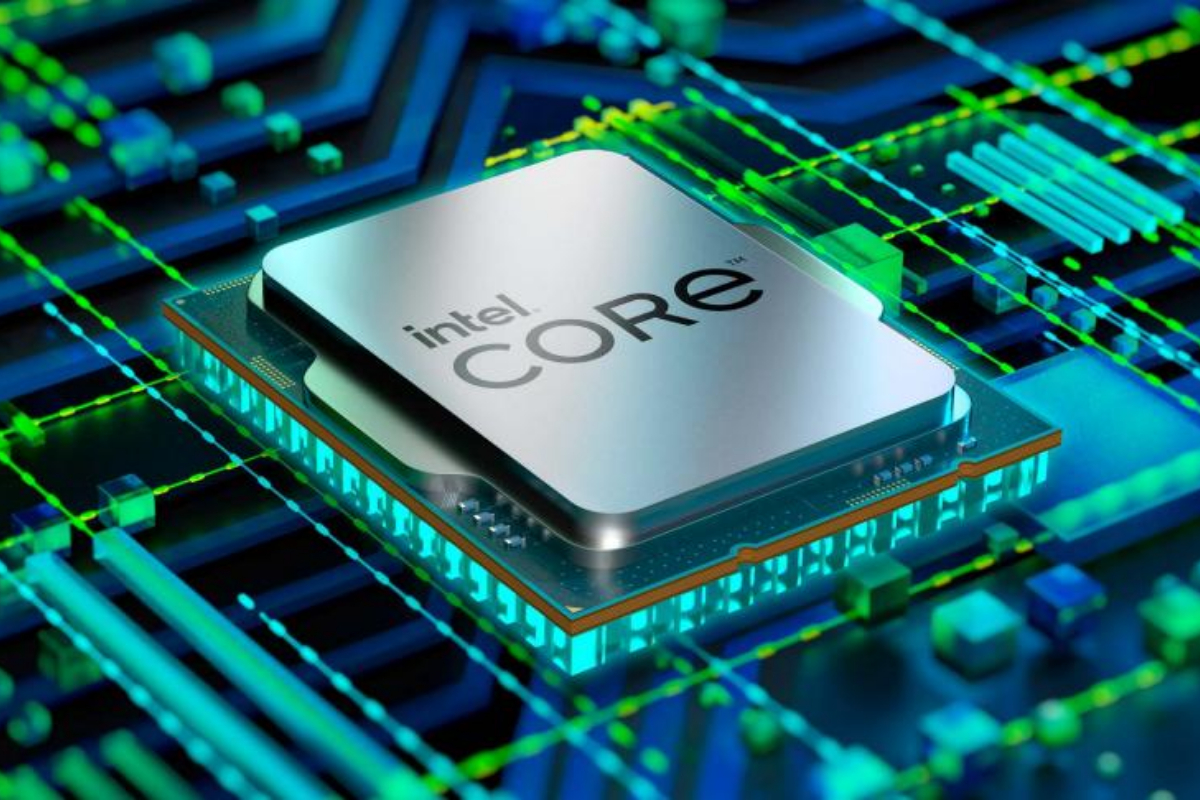United Airlines’ Emergency Landing Marks Fifth Incident in a Week
United Airlines' Flight 830 emergency lands in Sydney, marking the fifth incident....

Intel Escapes Bid to Halt Millions in Sales to Huawei
Intel has managed to thwart an attempt to halt its chip sales to Huawei, securing its position as one of the major chip suppliers to the heavily sanctioned Chinese telecom giant. The effort to revoke Intel’s license, granted by the Trump administration, was spearheaded by rival Advanced Micro Devices (AMD) and China hawks who sought to curtail all sales to Huawei.
The Trump-era license allows Intel to ship advanced central processors to Huawei for use in laptops. The push to revoke this license gained momentum as AMD argued for fair treatment, claiming it was denied a similar license. The uneven terrain of U.S. policies aimed at restricting Beijing’s access to American technology became evident as Intel retained its license, enabling Huawei to maintain a small but growing share of the global laptop market.
This move has not been without controversy, with Republican Senator Marco Rubio calling on the Biden administration to revoke Intel’s license “immediately.” The senator emphasized the need to prevent American companies, especially those receiving taxpayer funding, from supporting Huawei’s innovation. Intel is expected to receive a grant from the Commerce Department to expand its U.S. chip production.
The impact on AMD was significant, with the share of Huawei laptops containing AMD chips dropping from 47.1% in 2020 to 9.3% in the first half of 2023. In contrast, Intel’s share of sales of Huawei laptops surged from 52.9% to 90.7% during the same period, resulting in an estimated revenue discrepancy of over $512 million by early 2023.
Despite calls to revoke licenses, the Commerce Department shelved plans to do so, without providing a clear reason. The move came amid efforts to reset relations with Beijing, following a period of strained ties. Intel’s license is set to expire later this year, with sources suggesting it is unlikely to be renewed. Meanwhile, Huawei continues to heavily rely on Intel chips for its laptops.
The situation highlights the challenges faced by companies operating in the tech sector as they navigate the complexities of U.S. policies and restrictions, particularly concerning Chinese entities like Huawei.
Catch all the Business News, Breaking News Event and Latest News Updates on The BOL News
Download The BOL News App to get the Daily News Update & Live News.